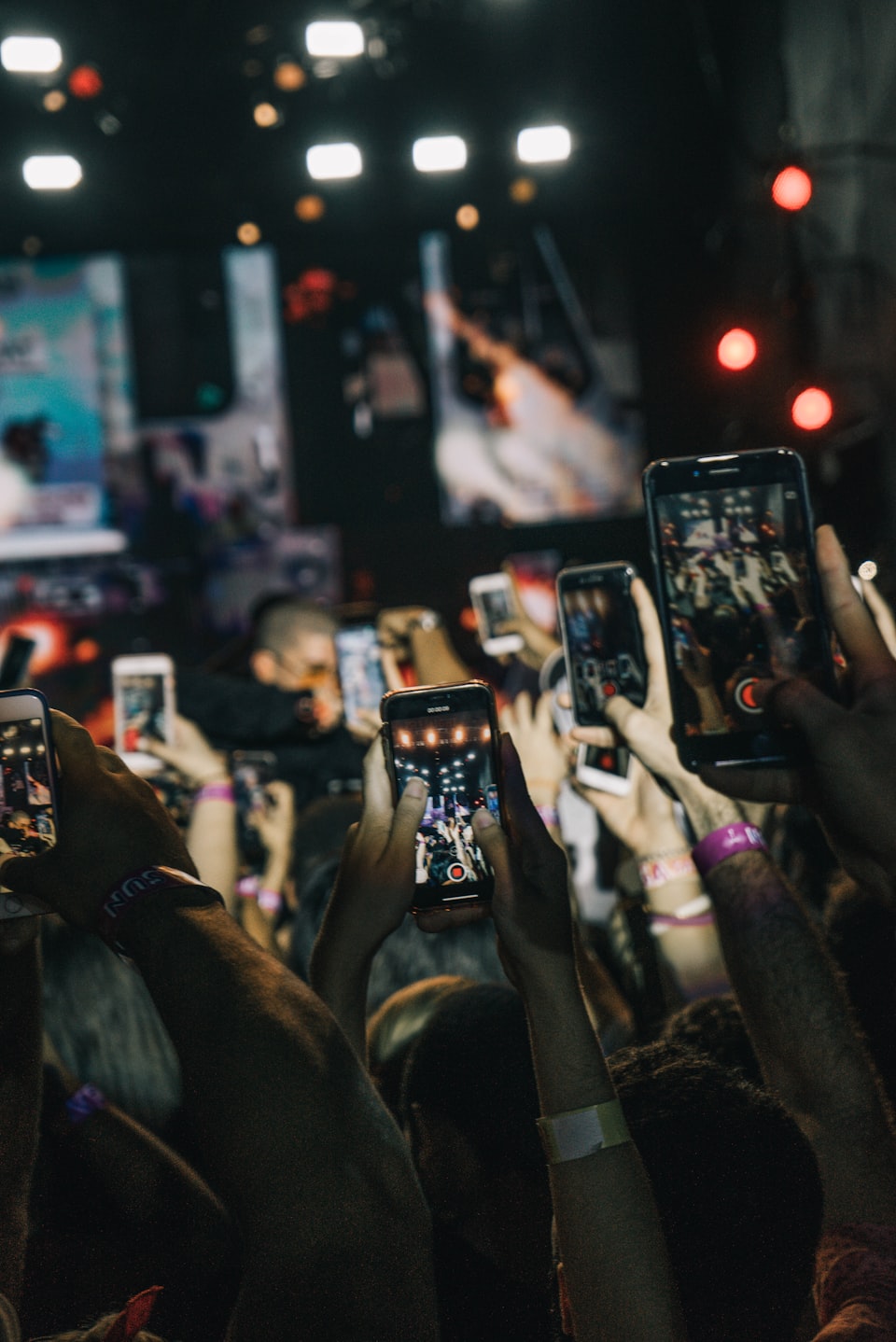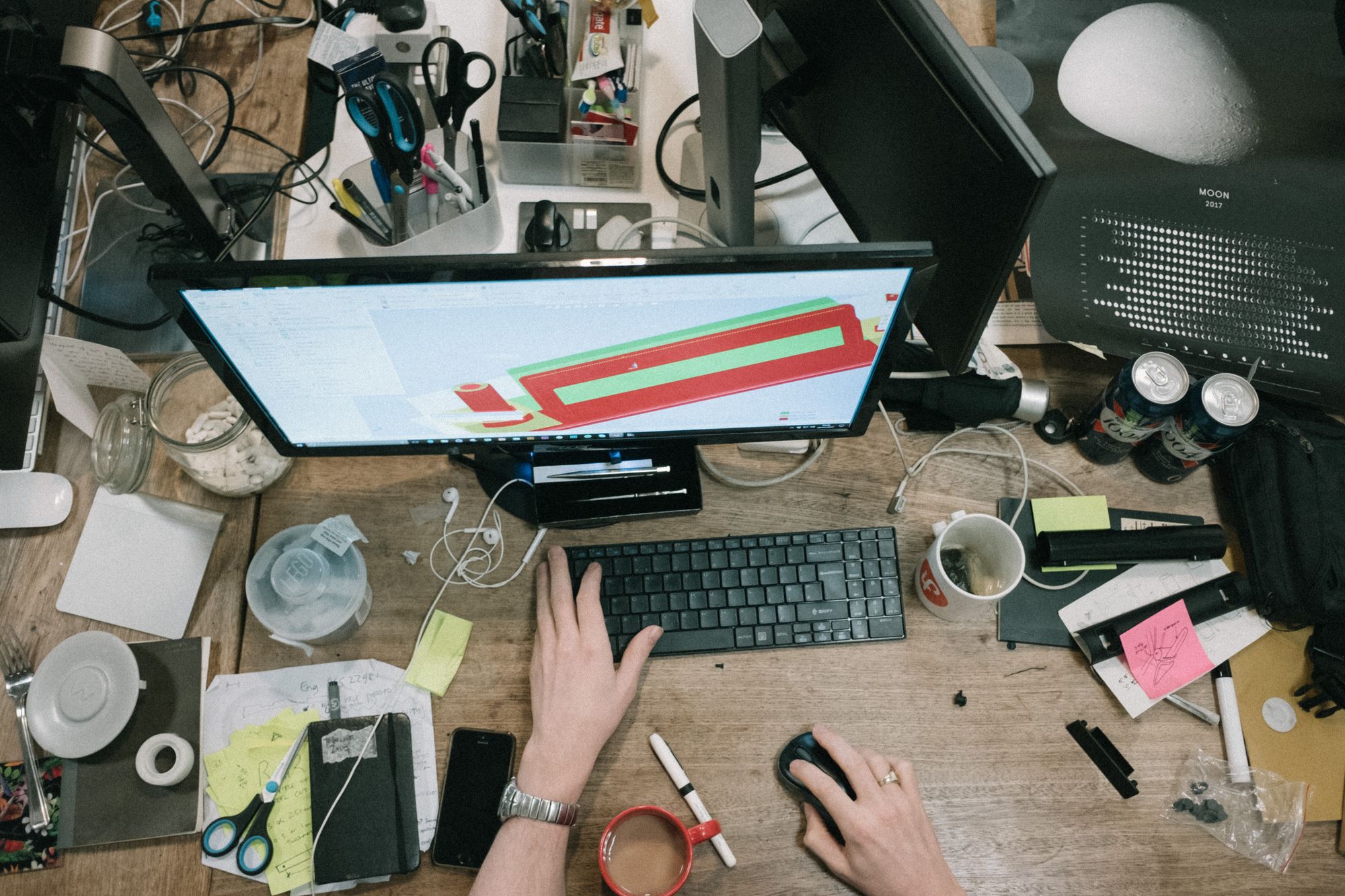media and how to consume it

This post has been sitting in my drafts for a long time. It's no secret that I have no love for social media; however, I do have a love for being social. In fact, that's what my very first post on this blog was about:

When I stopped using social media (especially Facebook), I went through several stages.
stage 1: detox
I was addicted to Facebook. It wasn't a particularly strong addiction since I wasn't intentionally ingesting or injecting high concentrations of mind-altering chemicals into my body, but it was still an addiction.
I know I was addicted to Facebook because I wasn't in control: I had tried to stop several times, but found that as soon as I became even a little stressed I was right back on it. When I wasn't using Facebook, I would think about Facebook. Thinking about Facebook would distract me from everything else I wanted to accomplish. It would get worse and worse until I couldn't resist the temptation to make sure that all my hundreds of closest Facebook friends were still alive and thriving.
I also thought that Facebook helped me relax and unwind. In truth, it partially did: when I was using Facebook, it let me stop thinking about everything that was going on around me. It was an escape. It was a meditative trance of sorts. As long as I was on Facebook, I was free from responsibility, free from worry, and totally numb to all the terrible things going on in the physical lives of everyone around me.
I know it was an addiction, because everything I've written so far is the same language that my friends with addictions use (to describe everything from alcohol and cigarettes to hallucinogens and porn).
When I finally quit Facebook, I experienced a period of denial, trying to convince myself that it really wasn't a problem. I went through a time of self-loathing for all the time I'd wasted on Facebook. At one point, I genuinely believed I was powerless to resist Facebook and that I should simply accept it as a lifelong reality for how normal people spend all their breaks from work.
After all this, I could no longer lie to myself. I had to admit that Facebook gave me no benefits. Nada. Zero. Zilch. In fact, it only made my life measurably worse (as I'll describe below). Once I admitted this and let my brain rest from the constant stimulation of the blue F, I was finally liberated from the addiction and able to go more than 24 hours without thinking about it.
stage 2: anger
After I'd quit social media, I felt like I'd finally dropped a heavy weight I'd been dragging around. I found that I had more time, more energy, and more emotional capital to spend on my friends and family. This showed me that social media was previously consuming all those things in a way that I didn't like. In other words, social media was hurting me.
Since I realized that it had been hurting me for almost a decade of my life without my realizing it, I assumed it was doing the same to all the people I love who use it. I wanted to dismantle it at its roots–to attack it every chance I got. I wanted to show everyone that social media is harmful to them, their lives, and their relationships.
It makes me angry that social media sites purposefully use addictive and manipulative techniques to increase their revenue with no consideration for the health and wellbeing of their users. In fact, they've found that addiction models, political divisiveness, so-called "fake news" (as if social media were ever intended to be a serious source of news!), and even political division and instability within a nation (and I'm not just talking about the United States) actually lead increased use and profits for their products.
For sites like Facebook that have almost two billion daily users, intentionally or unintentionally, they drive the direction of entire societies. Since their profits increase when the life-quality and social stability of their users decreases, it is in their best interests to sow discord and consume lives.
Further, I've heard it said that when a product is "free," the user becomes the product. This is only partially true for social media: Facebook, for example, sells "views and clicks" to advertisers.
In a roundabout way, if you use Facebook, Mark Zuckerberg is selling your life and services to other people who advertise on Facebook. You are providing time and service to Facebook. You work for Facebook. But what's your hourly rate? Are you paid a salary?
The answer to this is obviously "no." It could be argued that Facebook provides non-fungible value to a person's life, but since its goal is to create an addicted, divided, emotionally ignorant, and reactive user base, I find this very unlikely. This means that Facebook's role and occupation is to create slaves and profit from selling the products of the slaves' labor.
The last time this happened on a large scale, we had a civil war. If social media companies had it their way, we would have another civil war and the entire process would be recorded, shared, liked, and subscribed on their platforms. It would really boost their revenue.
This makes me angry.
stage 3: reason
Fortunately, this probably won't actually happen. What's more, I don't think it's profitable to worry about.
I've waited for so long to publish this blog post because no matter how bad Facebook (don't even get me started on Google, the owner of YouTube), they only have the power over me that I allow them to have. I would rather the billions of people who use social media to collectively wake up and realize that the things they see on it have very little if any connection to reality. We don't have to dissolve these large and powerful companies to take away their harmful effects on our lives.
The only reason they have so much power is because they have a minuscule portion of billions of people. It's not hard to take that tiny portion of your life back. All you have to do is stop using it. The world won't fall apart. You'll get hours of your life back. And finally, you'll have the opportunity to make face-to-face connections. If you find that you really miss hearing from people, give them a call! Invite them over. Send a text or an email.
If you're like me and really miss sharing with people, you can do all the same things. You could also start a blog (I'll help you if you want)!
how to consume media
I recommend consuming as little as possible. When you do, set a strict start and end time. Never more than an hour. Fifteen minutes is a better idea.
If you find that your so-called "newsfeed" makes you angry, take note that it's not actually news. You find news on a news site. You find unsolicited opinions and a biased selection of sites that you're most likely to click on on social media. Rule of thumb: only read news that you intentionally seek out. If it is fed to you by an algorithm meant to maximize profit for someone that's not you, the news you read is likely not relevant to your life or blatantly false.
Finally, consider this: what ratio of social time would you like to spend face-to-face (or voice-to-voice) vs on social media. If you want 10:1, that means you'd spend 10 hours with real friends for every hour online. If you want to be more reasonable, try 2:1. It's not as easy as I thought it would be!
Let me know how your adventures go!
subscribe to get email updates and support my work
Click the link below or the subscribe button at the bottom of the page to support my work and get an email every time I make a new post!


